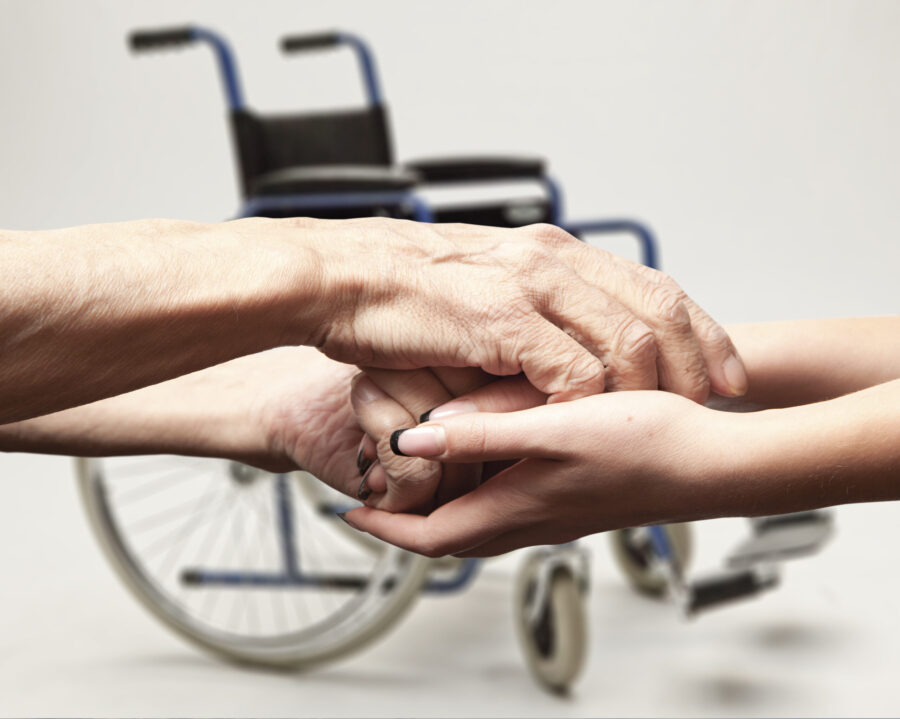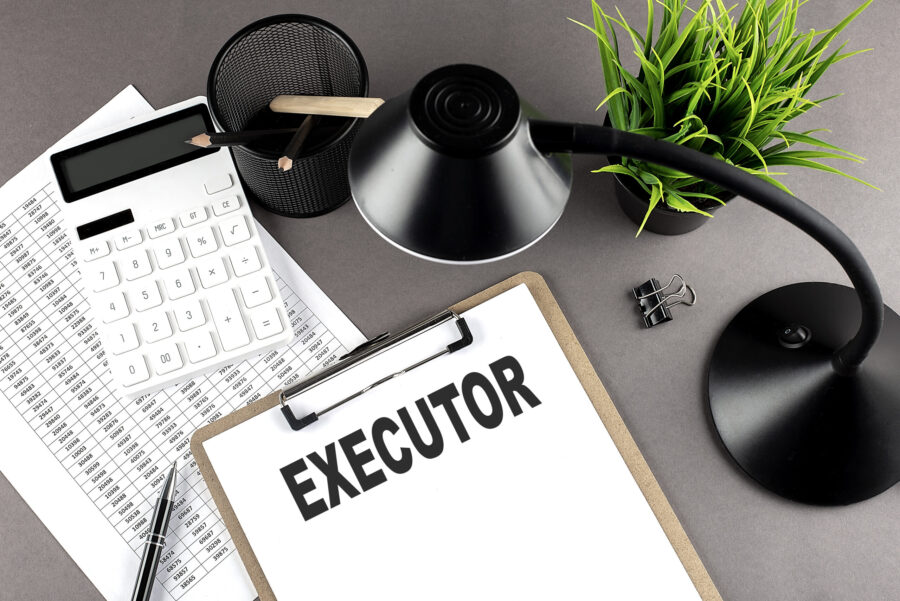Who will your family choose to host Thanksgiving this year? Even more importantly – who…

What Happens if I Don’t Have a Health Care Proxy and Power of Attorney?

Mark calls the police when he can’t reach Aunt Sarah. They find her on the floor, unresponsive, and take her to the hospital. Sarah is stabilized but remains disoriented because she has dementia. It’s exacerbated other health problems too, because sometimes she didn’t take her medication or let her aides in to help. Sarah wants to go home, but she needs 24 hour care now.
“Did she sign a health care proxy?”, the doctors ask.
A health care agent could work with Sarah’s medical team to develop a safe discharge plan, and take responsibility for her transition. Aides could be hired again, a ramp and bathroom bars installed, a hospital bed purchased.
Except there are other problems at home, too. Sarah owns a three-family house, and she’s proud of paying off the mortgage. But one apartment’s been vacant for years, the sole tenant stopped paying, and the property taxes are overdue. Collection notices are scattered around the home, along with credit cards Sarah didn’t remember opening. She probably has a pension, social security, and bank accounts, but no one in the family knows for sure. Mark decides to hire a lawyer.
“Did she sign a power of attorney?”, the lawyer asks.
The agent under power of attorney could search for her assets. Find out where her retirement payments are deposited, and use them to pay delinquent bills and the expenses of returning home. This kind of agent could even hire a lawyer to evict the tenant.
But there’s no health care proxy or power of attorney. The lawyer explains that it’s too late for Sarah to sign these documents now, since she lacks the mental capacity required. Instead, a guardianship proceeding may be needed. However, a guardian is not automatically appointed because someone has dementia, or refuses to take their medication, or buys things they can’t afford.
Instead, the standard for appointing a guardian is two part: 1. The person is unable to provide for personal needs and/or property management, and 2. The person cannot adequately understand and appreciate the nature and consequences of such inability. See New York Mental Hygiene Law § 81.02.
Mark decides to file a petition for guardianship of Sarah, aka the allegedly incapacitated person (AIP). He and his lawyer work for many hours to explain to the court:
- WHO the AIP is: birthplace, age, residence, profession, family members
- WHY she needs a guardian: personal care and property management limitations
- WHAT her financial position is: assets and debts
- HOW the Petitioner is suitable for the position: relationship to AIP, age, residence, profession, no bankruptcy filings or felony convictions
Next, the court issues an order. It sets a hearing date and appoints a lawyer to represent Sarah. The order also names a court evaluator, who interviews all the family members and issues a report. He recommends that a “guardian of the person” be appointed for Sarah’s personal needs, and a “guardian of the property” be appointed for her financial and legal matters. Because Mark lives far away, he recommends the court appoint a local professional guardian instead.
The hearing date arrives. Mark has to fly in and also arrange an ambulette to bring Sarah to court. Despite everyone’s best efforts to respect her dignity, Sarah is understandably upset by people describing her difficulties. Mark is subjected to cross examination. The court evaluator and other family members testify too.
The hearing lasts all day.
It ends with the judge reading her ruling, appointing a professional guardian and Mark as co-guardian. The system worked, but it was an emotional and exhausting ordeal. And the professional guardian, Sarah’s lawyer, Mark’s lawyer, the court evaluator, and the ambulette company all must be paid – out of Sarah’s funds.
Unfortunately, some version of this story plays out daily, in courts across the state. If we’re incapacitated but haven’t given anyone the legal authority to assist us, the court may choose for us. Sometimes the guardian is a family member – but not the one you’d have chosen. Other times it’s a professional who accepts court appointments: competent and compassionate if you’re lucky, but still a stranger. Best case scenario, the guardian is a responsible person you would’ve named as agent if you’d done that healthcare proxy and power of attorney. But their appointment as guardian is a far more expensive, lengthy, and intrusive process.
It’s frightening to think about becoming dependent. But taking control over what happens if we become dependent is integral to the independence we so cherish.
For information on support and resources for guardians and caregivers, see Family, Friend, and Caretaker Resources | NYCOURTS.GOV and How GAN Helps / Training | NYCOURTS.GOV
Subscribe
Login
0 Comments
Oldest




